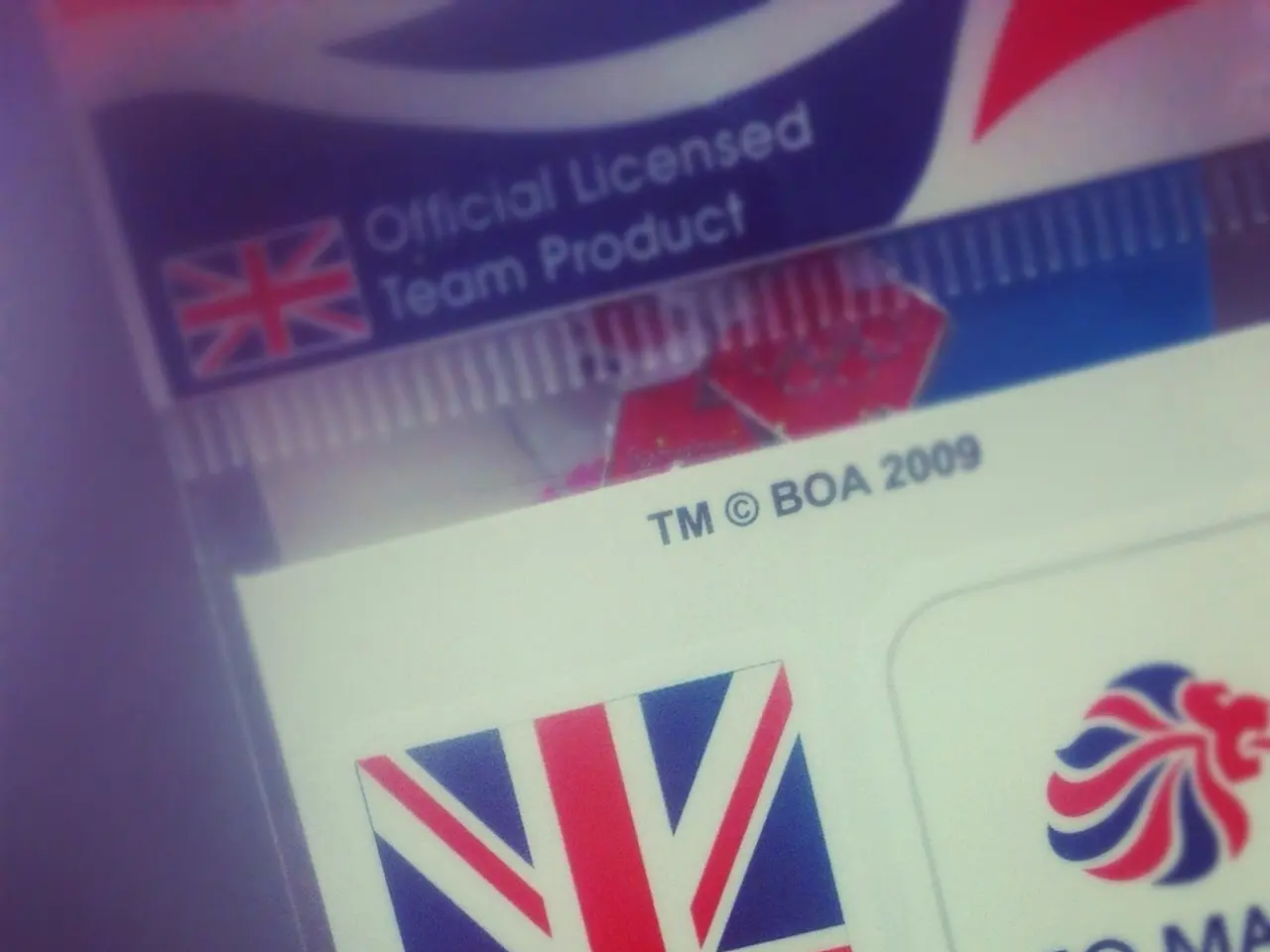Following the Settlement Payment Approval, You Could Potentially Obtain Two IRS Form 1099 Documents
In the realm of legal settlements, receiving a lawsuit settlement in 2024 often initiates a series of further actions. You'll likely receive an IRS Form 1099 from the defendant around early 2025, unless your case falls under specific exemptions. Most cases demand reporting this form on your tax filings. However, an intriguing situation emerges when you also get a Form 1099 from your very own attorney for the same amount. Understandably, this happens more frequently than one might expect.
Some lawyers believe their ethical obligation necessitates the issuance of this IRS form to correspond with the disbursement's value. Yet, is this duty mandated by the IRS, or is it a wise move in general? Typically, the answer is a decisive no on both counts. Let's dissect an example: suppose a case settles for $1 million, and a substantial 40% of the compensation materializes as the lawyer's fee. The lawyer would anticipate a Form 1099 for $1 million, but it will primarily be a gross proceeds Form 1099, listing the payment transaction without any characterization as income or not. It's merely a payment to a lawyer or legal firm. Strictly speaking, 40% of a $1 million Form 1099 is the lawyer's reported income—amounting to $400,000.
Settlement Woes for Clients
IRS Form 1099 to match the amount of the disbursement. But is this required by the IRS, or is it otherwise a good idea? Usually there answer is no on both counts. Suppose that a case settles for $1 million, and 40% of that is the lawyer’s fee. The lawyer can expect a Form 1099 for $1 million, but it will be a gross proceeds Form 1099 that is merely reporting the payment transaction—without any characterization whether it is income or not. It is just a payment to a lawyer or law firm. If 40% of a $1 million Form 1099 is income to the lawyer, the lawyer reports that $400,000 as income.
Now, let's focus on the client. Except for scenarios involving physical injuries, the plaintiff will usually receive a Form 1099 for the entire sum of $1 million, despite the lawyer receiving and disbursing $600,000 to the client. Hopefully, the plaintiff can find an effective tax deduction strategy for the aforementioned $400,000, which is viable in certain cases but not all. The client even faces the unenviable situation of receiving both a $1 million Form 1099 from the defendant and a $600,000 Form 1099 from the lawyer, giving the illusion of amassing a generous $1.6 million, when the actual take-home is a modest $600,000.
settlement from the lawyer’s income. In reality, an attorney is not required to include the client's portion of a settlement in their gross income in the first place. This is so even if—as is typical—100% of the settlement is reported to the attorney on a Form 1099. The reason is the unique type of Form 1099 that only lawyers receive for settlement proceeds. Defendants send lawyers a Form 1099-MISC with the amount filled in on Box 10, which is only for “
The client can resolve these taxation challenges on their return, but this setup does not encourage positive scrutiny and might initiate an audit. One of the primary reasons why in most instances, the lawyer should not issue a Form 1099 to their client is that the lawyer is not the financial benefactor of the money. Although the funds are disbursed by the lawyer, the party responsible for sending out the Form 1099s is the defendant, who bears the verifiable Form 1099 obligation. Interestingly, sending a Form 1099 to the client does not bring any tangible benefits to the lawyer; rather, it implies filing an unnecessary document and inviting potential misfortune for the client's tax situation.
Gross Proceeds Paid to an Attorney.”
Lawyer Deductible Expenses?
Actor Gene Hackman And His Wife Found Dead At Home—Here’s What We Know
Some attorneys ponder whether issuing a Form 1099 to their clients is necessary for them to deduct the client's settlement portion from their gross income. Unequivocally, an attorney does not have an obligation to include the client's settlement portion in their overall revenue, even if the full settlement amount is reported to the attorney on a Form 1099. This quirk exists because lawyers receive a distinctive Form 1099 for settlement proceeds, defined as "Gross Proceeds Paid to an Attorney," which defendants fill out and send to lawyers.
Paramount Rolls Back Diversity Hiring Targets: Here Are All The Companies Cutting DEI Programs
Clients, however, may receive a Form 1099-MISC or a Form 1099-NEC. The former is for "other income," while the latter applies to non-employee compensation, triggering additional self-employment taxes in addition to income taxes. As most taxpayers comprehend, Forms 1099 serve as indicators that the payment was recorded on the taxpayer's return.
‘NYT Mini’ Clues And Answers For Thursday, February 27
However, the "Gross Proceeds Paid to an Attorney" box on Form 1099-MISC differs. It is not classified as income; rather, it is simply a payment made to a lawyer or legal firm. As such, under unusual circumstances, the lawyer does not have an obligation to send a Form 1099 to the client, and a matching problem with the IRS is unlikely.
IRS matching problem.
Sources:
- Forbes: Tax Facts About IRS Form 1099
- Forbes: This IRS Form 1099 Isn't Counted as Income by the IRS
- Forbes: How the IRS Taxes Legal Settlements and Legal Fees: Surprises for Plaintiffs
- After receiving a lawsuit settlement in 2025, clients might encounter a problem with the IRS if they receive a Form 1099-MISC or Form 1099-NEC from their attorney, indicating non-employee compensation, which could lead to additional self-employment taxes.
- If a client receives a Form 1099-MISC with "Gross Proceeds Paid to an Attorney" filled out, they should understand that this form is not considered income and does not require a matching Form 1099 from the lawyer, mitigating the risk of an IRS audit.
- During an IRS audit, incorrect Form 1099s, such as mislabeling settlement payments as income, can result in significant penalties for both the client and the attorney, emphasizing the importance of proper reporting and documentation.



